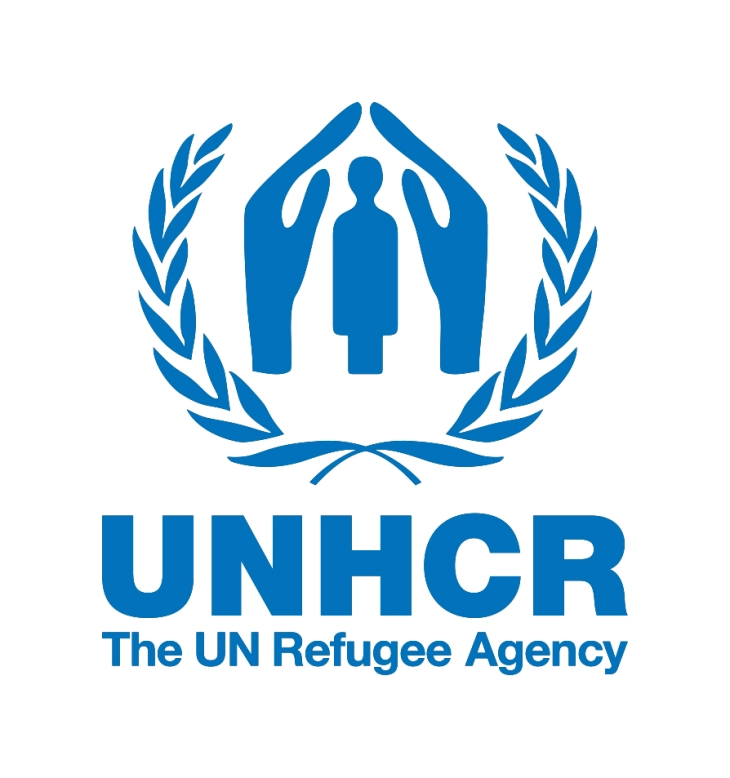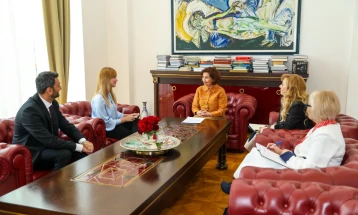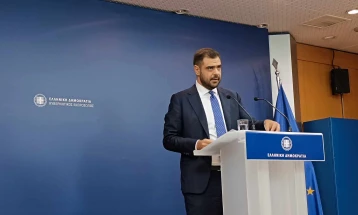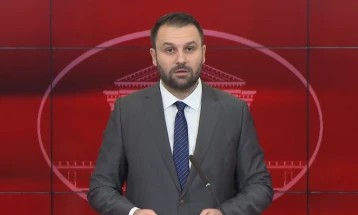UNHCR: One year after the Russian invasion, insecurity clouds return intentions of displaced Ukrainians
- Twelve months since the Russian invasion of Ukraine, more than 13 million people remain uprooted from their homes, including nearly 8 million refugees across Europe and more than 5 million internally displaced people within Ukraine.

24 February 2023
Geneva – Twelve months since the Russian invasion of Ukraine, more than 13 million people remain uprooted from their homes, including nearly 8 million refugees across Europe and more than 5 million internally displaced people within Ukraine. Their prospects for return in the near future, however, are clouded by continued hostilities, insecurity and destruction in their home regions, according to two new reports released today by UNHCR, the UN Refugee Agency.
“The human suffering and hardship that has been caused by the war is beyond comprehension. With a third of Ukraine’s population forced to flee their homes, the situation remains unpredictable. We must continue to respond to the needs of the displaced and ensure their safety until they can return home,” said Pascale Moreau, UNHCR’s Regional Director for Europe.
To understand the plight of the displaced and better channel assistance, UNHCR commissioned its third round of intention surveys*, interviewing thousands uprooted by the war. Titled “Lives on Hold”, the latest reports - one focusing on refugees, and another on IDPs - provide insights into the experiences of displaced Ukrainians a year on, as well as their intentions and the factors influencing their choices.
Among the key findings from the two reports are:
- The vast majority of refugees and internally displaced Ukrainians – some 77 per cent and 79 per cent respectively – want to return home one day, however, only 12 per cent of both refugees and IDPs plan to do so in the next three months.
- The main impediments preventing refugees from returning are safety and security concerns in their areas of origin. Other concerns cited are about access to and availability of basic services - including electricity, water and healthcare, work opportunities and adequate housing, all of which have been hugely impacted by the war.
- Among the internally displaced, access to adequate housing is the second main barrier to sustainable and dignified return, after security and safety considerations.
- Refugees who expressed an intention to return in the next three months were mainly older, those separated from family still in Ukraine, or those facing inclusion challenges in host countries. The results also indicate that for those with specific needs or heightened vulnerabilities, prospects for socio-economic inclusion may be more difficult and this may influence some in their intention to return.
- Some 18 per cent of refugees surveyed are still undecided as to whether to return. “We cannot think about the future or how the situation in Ukraine is, and for how long it will be like that. We can only think about the present,” said a refugee participant.
- Despite the challenges of exile, some important improvements have been observed. Among a group of refugees who participated in both the second and latest survey, 45 per cent were in rented accommodation, up from 27 per cent in the previous survey. The number receiving income from employment also increased to 46 per cent from 37 per cent.
- However, among the same group, while the proportion relying on social protection or cash assistance had declined to 50 per cent from 57 per cent, a significant proportion remain unemployed. Many others have found low-skilled jobs, yet for the majority, the income is not enough to cover basic needs.
Based on these and other findings, UNHCR makes a number of recommendations in the report. It is critical to ensure that refugees are continually assisted to make free and informed decisions on their future, and that host countries and local communities are supported so refugees can access their rights, services and decent work.
Supporting displaced populations within Ukraine is also a key priority. Spontaneous returnees should be assisted through a combination of humanitarian, recovery, development and private sector programmes, paving the way for economic revival, recovery and reconstruction.
Last week, UNHCR launched its Ukraine Situation Supplementary Appeal, outlining the response plan and financial requirements for 2023. The total needs amount to $1.1 billion – $602.5 million inside Ukraine and $517 million in refugee host countries in Europe. UNHCR continues to urge the international community to support Ukraine’s displaced population – inside and outside the country.
Source: UNHCR







